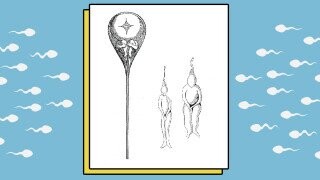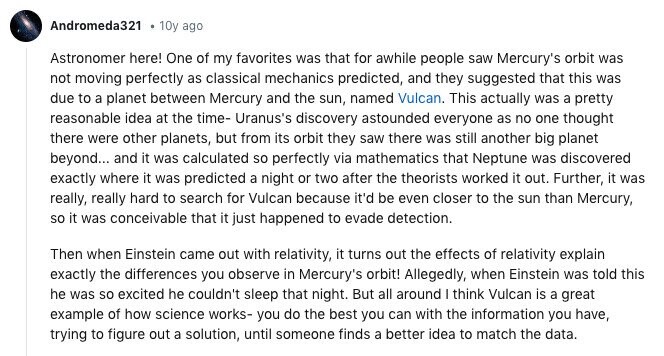21 Hilarious Things Scientists Used to Believe

Correct us if we’re wrong, Mr. Tyson, but science isn’t so much a field of study as it is a method for understanding the world. That method goes approximately like this: Observe thing. Test thing. Uphold or deny thing.
That means that what we know about the world is constantly changing. Something that we thought was a fundamental truth could very well be disproven tomorrow, and if that happened, we’d probably feel pretty silly about it. Future generations would rightly make fun of us. “They used to think the sky was blue,” they’d say, with their hyper-evolved retinas. “What a bunch of idiots.”
So it only stands to reason that people in the past had some pretty hilarious scientific beliefs. It’s the system working as intended: Generations laughing at each other backwards and forwards into infinity. Thus, when user vikfand asked r/AskReddit, “What are some crazy things scientists used to believe?,” they invited us to participate in this timeless ritual.
And lo, did we LOL.




















